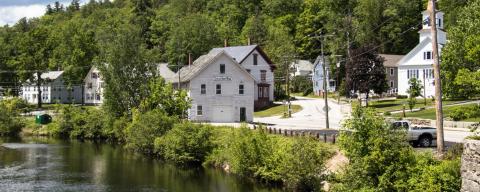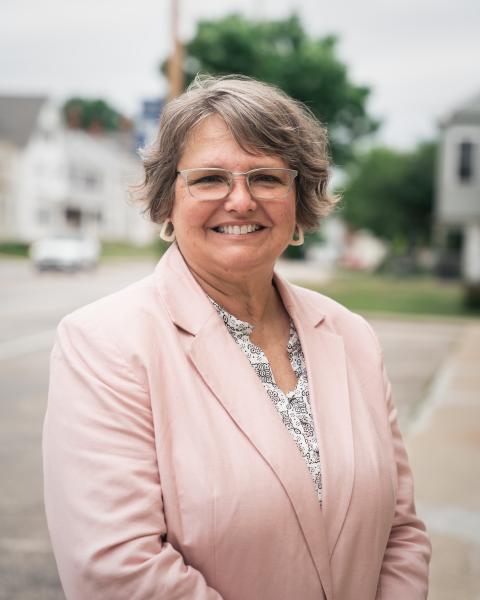New Hampshire is the second oldest state in the country with a median age of 43.1. Communities across New Hampshire make decisions every day that can have long-term consequences for their economic future. These decisions can impact the human ecology-essentially the balance of demographics in a town or city. Diversity of age and other demographics play important roles in creating a vibrant and strong economy.
On January 26th our team joined a NHPBS viewing and panel discussion of Communities & Consequences II. A recently released film by Jay Childs and based on a book by Lorraine Merrill and Peter Francese, this film is a follow up to a 2008 film on a similar topic.
Our quality of life based approach to economic development touches on many issues covered in the film, which has a large emphasis on housing affordability but broadly talks about many of the components of vibrant communities. We work with local boards and steering committees and common topics over the last ten years relate to the human ecology of communities. Having a place for NH kids to start their adult life here and housing options for aging parents are frequent discussion points. Communities want to retain and attract young people to keep their towns vibrant and to pass the torch on local leadership. When we work on efforts to retain local businesses, we find that employers highlight housing cost, availability and quality as an issue for their employees. New Hampshire’s high quality of life, especially our natural resources for recreation and the beauty our state offers, are key to attracting and retaining employees for business stability and growth.
Sharing this film is an important educational opportunity for communities to understand the changes occurring in New Hampshire. Where do you see your community in 10 years? Community leaders should start discussions and consider what specific changes are needed to expand the types of housing, consider the use of trails, parks, forests and rivers in quality of life and prepare their towns to be welcoming to the next generation of businesses and civic leaders.
Local communities can take action:
- NHPBS has created a discussion guide to go along with the film and communities may consider hosting a virtual watch party and discussion if any of these topics resonate. The film, discussion guide and forth coming toolkit can all be found here.
- Consider where your community should be in ten years and how you might get there. Engage your community in this discussion and work together create a new vision.
- Consider applying for a NH Municipal Technical Assistance Grant which helps your community look at your local zoning regulations and allows you to plan for more housing choices.
- Talk to your local businesses and understand their workforce needs so you might enhance your quality of life to maintain and expand jobs in your town.
- Encourage new leaders on local boards and committees. Provide training and support for them in this new role.
- Understand planning, zoning, housing and economic development regulations in your community. Check out the NH Office of Strategic Initiatives interactive Municipal Land Use Regulation Survey map.




